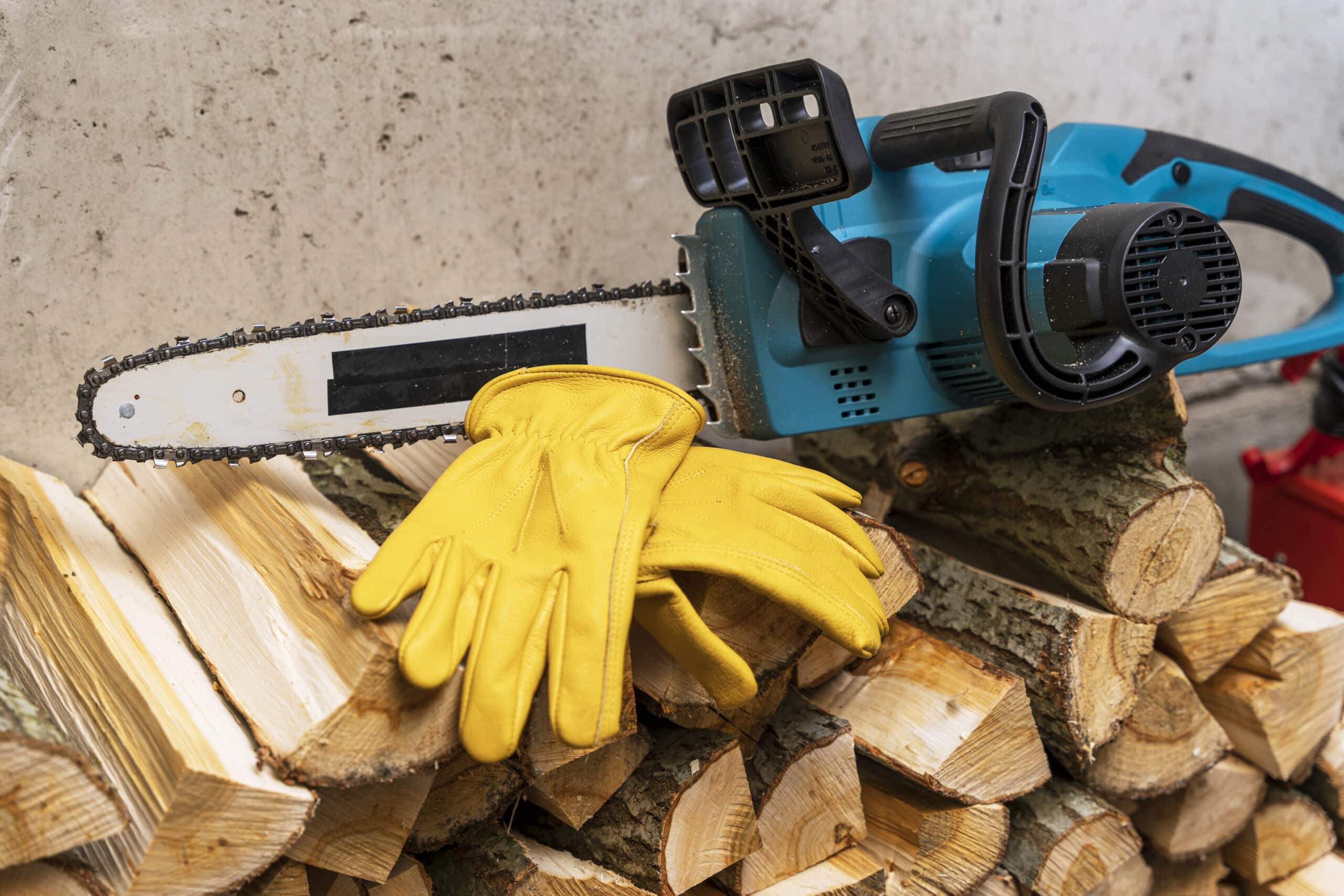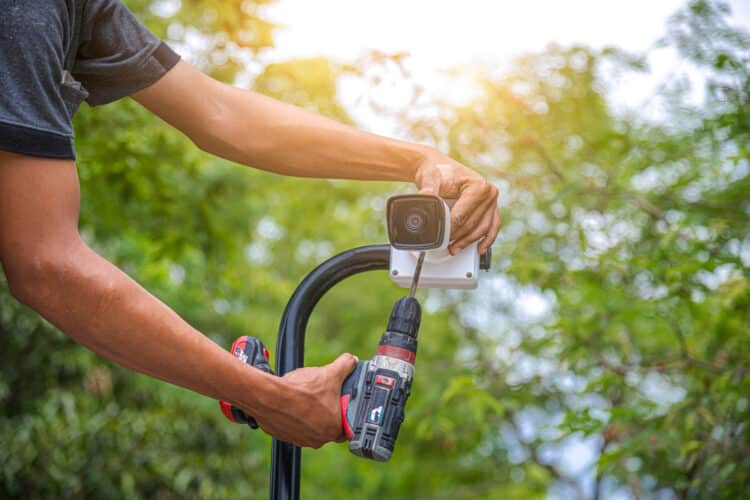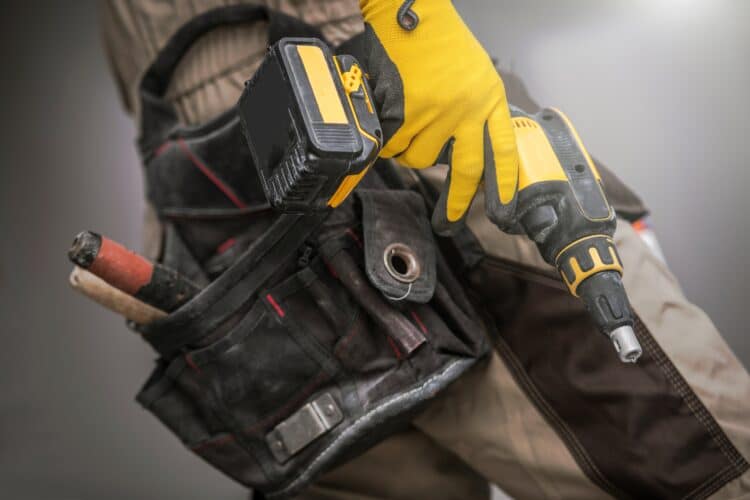Does Cold Weather Hurt Power Tool Batteries?
Key Takeaways
- Cold weather can significantly impact the performance of power tool batteries, reducing their overall performance and power output.
- The internal resistance of power tool batteries increases in cold temperatures, leading to a faster loss of charge and reduced runtime.
- Lithium-ion batteries, commonly used in power tools, are particularly vulnerable to cold weather and can suffer irreversible damage if charged in freezing temperatures.
Power tool batteries provide the necessary energy to keep our tools running smoothly and efficiently. However, when temperatures drop, these batteries can be adversely affected, leading to reduced performance and even the inability to charge. In this article, we will explore the impact of cold weather on power tool batteries, the reasons behind it, and how to mitigate the potential damage.
Understanding the Effects of Cold Weather on Power Tool Batteries
Cold weather can have a significant impact on the performance of power tool batteries. The chemical reactions that occur within the batteries slow down as the temperature drops below a certain threshold, typically around 40 degrees Fahrenheit. This reduced reaction rate leads to a decrease in overall battery performance and power output.
One of the key effects of cold weather on power tool batteries is a faster loss of charge. The cold temperature causes the battery’s internal resistance to increase, making it harder for the battery to hold its charge. As a result, the battery may discharge more quickly, reducing its overall runtime.
Additionally, exposing power tool batteries to freezing temperatures can potentially cause irreversible damage. Lithium-ion batteries, commonly used in power tools, are particularly vulnerable to cold weather. Charging a lithium-ion battery in freezing temperatures can permanently affect its runtime and overall performance.
Preserving Power Tool Battery Power in Cold Weather
To minimize the negative effects of cold weather on power tool batteries, it is important to follow a few key guidelines:
- Store and charge batteries within the recommended temperature range: Manufacturers often provide temperature ranges within which their batteries should be stored and charged. It is crucial to adhere to these guidelines to ensure optimal battery performance. If a battery has been stored in cold temperatures, allow it to warm up to room temperature before use.
- Keep spare batteries on hand: In cold weather conditions, batteries may drain faster than usual. Having spare batteries readily available can help ensure uninterrupted work. Rotating between batteries and not fully discharging them before recharging can also help preserve power in cold weather.
- Minimize usage in freezing temperatures: If possible, avoid using power tools in extreme cold. Cold weather not only affects battery performance but can also impact the overall functionality of the tools themselves.
- Consider using lithium-ion batteries: Lithium-ion batteries tend to perform better in colder climates compared to other types of batteries. If you frequently work in cold weather conditions, investing in lithium-ion batteries may be a wise choice.
Conclusion
Cold weather can indeed have a detrimental impact on power tool batteries. The chemical reactions within the battery slow down, leading to reduced performance, faster discharge, and potential damage if exposed to freezing temperatures. By following the recommended guidelines and taking necessary precautions, such as storing batteries within the recommended temperature range and considering the use of lithium-ion batteries, users can help mitigate the negative effects of cold weather on power tool batteries.
Related Websites:
- Tool Batteries and Cold Weather – Lifehacker
- Preserving Tool Battery Power in Cold Weather – Nail Gun Depot
- Can You Leave Power Tools in the Cold? – The Habit of Woodworking
- How Does Temperature Affect Battery Performance? – Redway Battery
- How Does Temperature Affect Battery Performance? – GreenTech Renewables
- Why Batteries Die in Winter and How to Prevent This – Toolstop
FAQs:
Q: How does cold weather affect power tool batteries?
Cold weather can slow down chemical reactions in power tool batteries, leading to decreased battery capacity and power output. It can also increase internal resistance, reduce efficiency, and potentially damage battery cells in extreme cold.
Q: What can I do to preserve power tool batteries in cold weather?
To preserve power tool batteries in cold weather, it is recommended to store and transport them in optimal conditions, following temperature recommendations for storage and taking protective measures during transportation. Additionally, allow batteries to warm up before use and adjust usage patterns for optimal performance.
Q: How does battery age affect cold weather performance?
Battery age can impact cold weather performance as battery degradation over time can reduce overall battery capacity. Older batteries may experience more significant performance issues in cold weather compared to newer ones.
Q: Is it important to use power tool batteries designed for specific tools?
Yes, it is important to use power tool batteries specifically designed for the intended tools. Following manufacturer recommendations ensures compatibility and optimal performance of the batteries with the specific models of power tools.
Q: What is the recommended temperature range for storing power tool batteries?
It is generally recommended to store power tool batteries in temperatures ranging from 40°F to 80°F (4°C to 27°C) to maintain their performance and prolong their lifespan.





